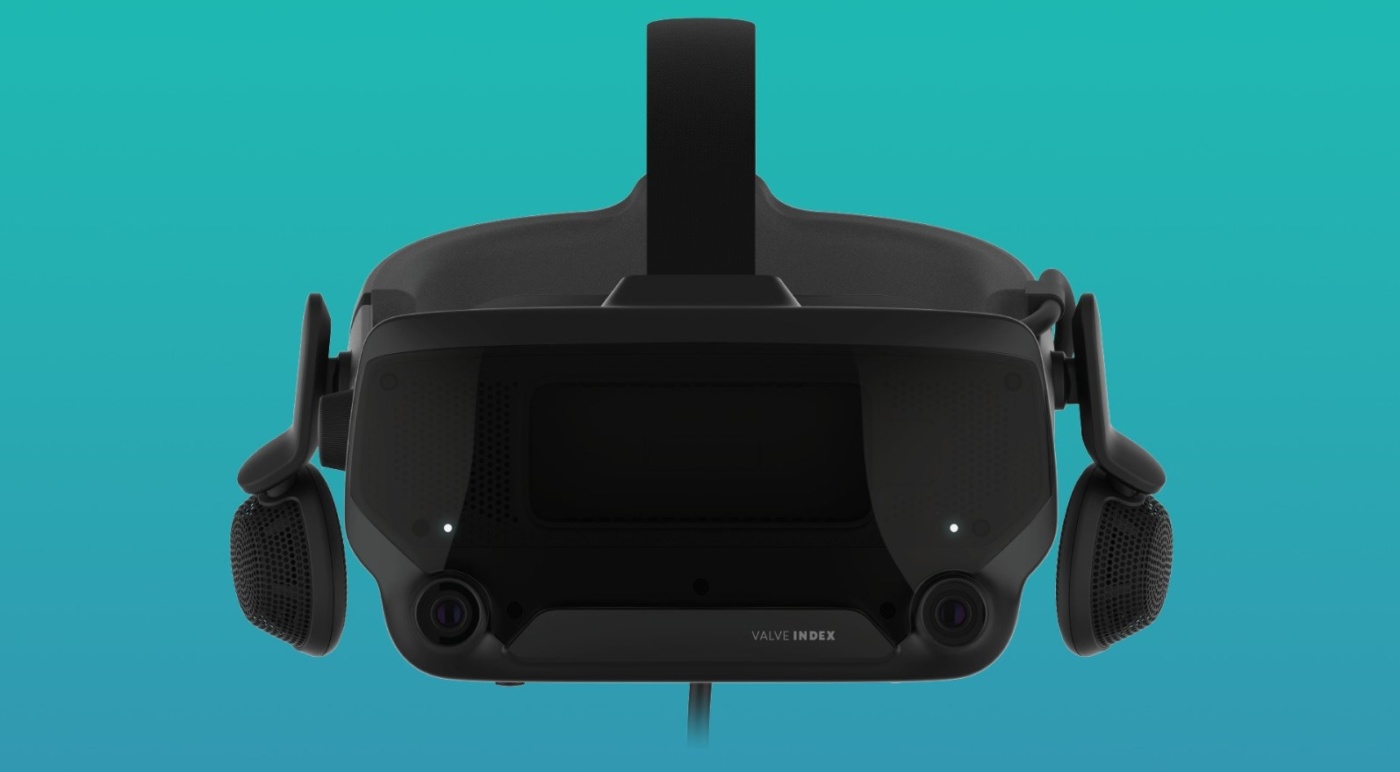The story of Palmer Luckey and the Oculus Rift could be the textbook example of a self-made success story. Dissatisfied with the quality of the available head-mounted displays at the time, he wanted to build a new one, one that would be as lightweight, precise, and high-quality as he wanted. After several prototypes, he built the Oculus Rift in his parents’ garage (where else) – it was his 6th design, and the first he felt was ready to be shown to the world. He launched his Kickstarter campaign in 2012, to great success: with it, he revived the virtual reality industry.
In the years that have passed, virtual reality was embraced by many, from researchers to startups and tech giants like Sony and Valve. It has grown fast in many areas… except for PC gaming, where it struggled to get a foothold. Oculus – without Luckey, who left the company in 2017 – has shifted from PC headsets to standalone ones, to great success: Oculus Quest has seen its sales soar last year. Sony’s PSVR has also seen stable – albeit not spectacular – sales. And many have found practical real-life uses for virtual reality, using it from medicine and research to military training and the fashion industry. Not PC gaming, though. According to many, the thing amiss was a true dedication to the cause of VR by game developers – and a major exclusive title. This will change this year, which may be the year of the PC VR thanks to it.
Valve Index
The Valve Index is a virtual reality headset launched in June 2019 by Valve, the company behind Steam, Counter-Strike, and DotA 2. It uses a 1440×1600 LCD panel for each eye (2880×1600 combined resolution) with a refresh rate of up to 144 Hz (experimental). It is compatible with Windows and Linux and works with Valve’s previous HTC Vive controllers. Its price is pretty steep – the base model costs €539, and the full package including the headset, the controllers, and two Base Stations, costs €1079 at the Steam Store.
There is little information available about the sales of the Valve Index in the second half of 2019 – that until Valve announced that it is preparing to launch a new title. This has caused the sales of the Index to skyrocket – the headset sold out before Christmas last year.
Half-Life: Alyx
The announcement that instantly put Valve on the front page of every website out there (plus the few remaining print magazines) was the one about “Half-Life: Alyx”, the first title in the beloved franchise to be released for ages. The game will be a prequel to “Half-Life 2”, taking place before Gordon Freeman’s arrival to City 17. The players will join Alyx, the daughter of former Black Mesa scientist Eli Vance, in her fight against the Combine, the alien invading force trying to take control of Earth. The game is said to retain most of the beloved elements from Half-Life 2, including the exploration, the puzzles, and the combat. It is expected to have a length similar to Half-Life 2.
Why this new game is important
The majority of the biggest VR-first games released in the last few years were indie projects. The big game developers seemingly decided to play it safe, not dedicating too many resources to a platform that may or may not become the “next big thing”. Valve is the first major game developer to release a truly big VR-first title – and it’s a long-awaited new title from one of the most successful game franchises ever. This dedication to the platform will not go unnoticed. Its merits will go beyond boosting the sales of the Index VR headset – if it’s successful (that it likely will be) it may prompt other major game developers to shift some of their resources toward building bigger, better VR titles for their players, and thus contribute to the rise of PC VR we’ve all been waiting for since the Oculus Rift first emerged.


